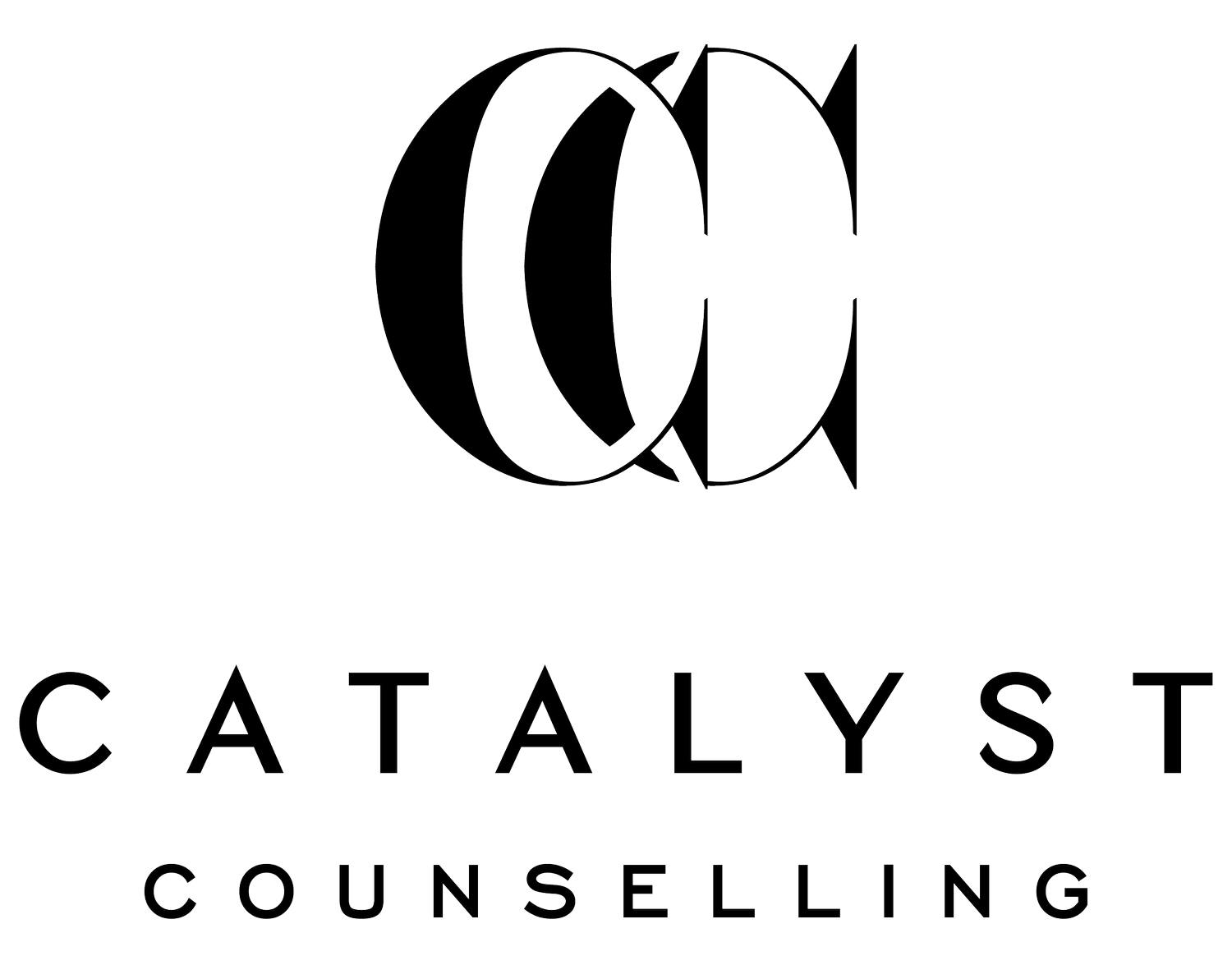ADDERALL: Help Or Hindrance?
Growing up, we were taught that the building blocks of a productive day consisted of a wholesome breakfast. Before the workday, a bowl of Wheaties was known as the “Breakfast of Champions.” But those were simpler times.
As evolution re-writes the rules of life, work no longer starts in the office – it begins in the bedroom as you grab your phone to start the day (that is, if you actually put your phone down to sleep); we surely need more than wheat flakes to be successful.
As work evolves, so does our need to find new sources of stamina.
Nowadays a version of amphetamine known as Adderall is the go-to substance for laser focus, stamina and performance. Traditionally reserved for those with an ADHD diagnosis, students and executives have now taken the lid off this cookie jar to help them stay competitive and relevant.
If Red Bull gives you wings, Adderall is your rocket ship.
Adderall is seen by many as the silent ace they can use to win the whole pot of power, praise and status. However, this empire is built on a house of cards. In the short-term, Adderall can increase feelings of depression and anxiety and sustained Adderall use can progress into addiction. Long-term and heavy use of this drug can lead to heart disease and cardiovascular damage while withdrawal symptoms include mood swings, increased anxiety and difficulty feeling pleasure in your life.
THE ADDICTIONS WE SHARE
“There are shared and agreed-upon addictions in every culture and every institution” Richard Rohr
In our society, we have agreed that success and status are the hallmarks of a good life. But it’s not enough to do well; we feel the need to show and prove to other people how well we are doing. Just look at the way we manage and curate our lives on social media. Strategic angles of our face and our experiences are posted to be seen and liked. In this culture of performance our it’s our egos that take center stage .
By showing others that we are ok we will then have the proof to tell us all is well in our world.
In order for us do to more, be more and have more we need to work and we have to be good.
Consequently, many of us live by the mantra: produce, compete or be obsolete.
ME POWERLESS? NEVER
In my clinical experience I have found that people struggle most with feelings of powerlessness and helplessness.
Lance Dodes, points out that these feelings are the greatest drivers of addiction.
Adderall (like other addictive substances and behaviours) becomes the delivery mechanism for power. And in a climate where you need to be productive to stay relevant, this little pill becomes the way you survive and thrive.
Addiction is a lot like marriage. We take vows of commitment. In addiction we say:
“I will pledge my loyalty to you, - the drug or behaviour of choice –
as long as you keep your promises to me.”
Ultimately, the perceived promise of addiction is to feel empowered. But the problem is that this comes at a cost; Power ends up turning into desperation. As you need more of the substance to get the desired effect, you sacrifice mental and physical health to maintain the addiction and you take captive those who are closest to you while tearing down the relationship with yourself.
I DON’T HAVE A PROBLEM
Denial is one of the common ingredients of addiction. Not only do you not believe you don’t have a problem but you believe you can stop at any time. You’ll say you are doing what you do because you want to, not because you need to.
With Adderall use, you might say “I only use it when I’m in a pinch” or “I’ll stop when things quiet down again” but you never get off that treadmill because as you overproduce, the expectation is that this your normal level of output.
Here are the top 5 warning signs that your Adderall use is problematic:
1. You keep your use a secret
2. You don’t trust yourself to be able to be productive without it
3. You can’t keep promises to yourself around your use
4. Thinking about not using it feels threatening
5. Your tolerance increases and you need more to function
For many Adderall abusers, the downside seems hard to find because they would plead the case that this is a productive drug, supporting them be ultra-high functioning. But as much as they think they can outsmart the negative consequences of drug dependency, the drug often has the final say.
Emotional incongruence is at the heart of addition’s architecture. The Adderall abuser straddles two worlds; One of reward and the other of shame. While they revel in the accolades and the feeling of power and productivity, deep down they despise the fact they are limited and rely on this to get by. Living between these polarities feels like a stain that they constantly have to hide.
Adderall also brings a host of physical and relational issues. Physical withdrawal symptoms can include depression, irritability, insomnia, anxiety and mood swings while a lesser discussed issue is its emotional effect on those who take it. The drug can provide emotional disconnection so that feelings seem like they don’t really touch you. This emotional distancing can make you feel fragmented in your relationships with others as well as yourself.
In life, we are constantly navigating between the tension between living life on life’s terms (as they say in AA) and taking initiative to push past our limitations.
The question becomes at what cost do we pursue power and reward?
If you find yourself needing to explore your relationship to Adderall or other mood- altering drugs, contact me at tanyafru@gmail.com for a consult at no charge.
